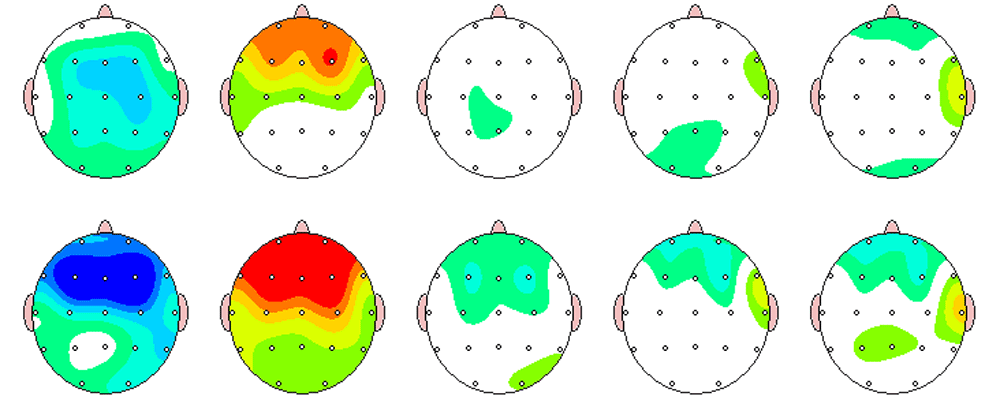Biofeedback is a technique that teaches patients how to control certain bodily processes by using signals from their own bodies. This method includes using sensors that monitor physiological responses such as heart rate, muscle tension, and skin temperature. By providing immediate feedback, patients can discover to recognize their body's reactions to pain and stress. This consciousness allows them to formulate strategies to handle their pain more effectively. For example, if a patient observes that their muscle tension increases when they are in pain, they can utilize relaxation techniques to help alleviate that tension.

One of the primary benefits of biofeedback is that it empowers patients to take an active role in their pain management. Instead of relying solely on medications or treatments from healthcare providers, individuals can learn to understand and control their own bodies. This feeling of control can lead to increased confidence Click Here and a more positive outlook on life. Many individuals report feeling more in charge of their pain and less like sufferers of their syndrome. This change in perspective can substantially improve their quality of life.
Research has shown that biofeedback can be effective in reducing chronic pain symptoms. Studies suggest that individuals who use biofeedback methods often undergo less pain and better physical ability. Additionally, biofeedback can help lessen anxiety and stress, which are frequent issues for those living with chronic pain. By addressing both the physical and emotional aspects of pain, biofeedback offers a holistic approach to pain management. This comprehensive method can lead to superior outcomes for individuals, allowing them to participate more fully in their daily activities.
In summary, biofeedback is a significant tool for revolutionizing chronic pain management. By teaching individuals to understand and regulate their physiological reactions, biofeedback empowers patients to take charge of their pain. This approach not only helps reduce pain but also improves overall standard of life. As more people look for options to conventional pain control methods, biofeedback emerges as a promising solution. With ongoing investigation and recognition, biofeedback could become an essential part of chronic pain treatment, helping individuals lead more fulfilling, more satisfying lives.